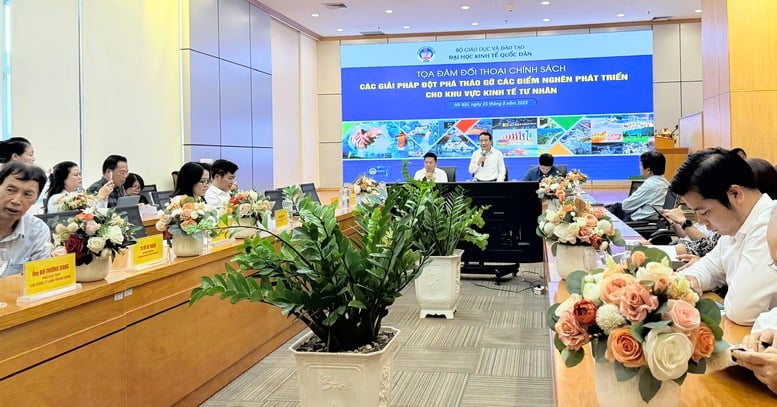
Policy dialogue with the theme "Breakthrough solutions to remove bottlenecks in private economic sector development" - Photo: VGP/HT
This is the affirmation of experts and businesses at the Policy Dialogue with the theme "Breakthrough solutions to remove bottlenecks in private economic sector development" organized by the National Economics University on August 15 in Hanoi .
Recognizing the role of the private economic sector
Prof. Dr. Nguyen Thanh Hieu, Deputy Director of the National Economics University, said that after nearly 40 years of innovation, the private economic sector has developed strongly.
By 2024, the private economic sector will account for 53.4% of total social investment capital, 82.07% of total labor in the economy, contribute 38.6% of total pre-tax profit and 51% of total income generated for workers in the business sector.
The private economic sector contributed 43% of the total GDP, accounting for 57% of GDP growth in 2024, the largest contribution among economic sectors. On average, in the period 2011-2024, this sector achieved a growth rate of 6.3%/year, higher than the average of the whole economy (5.48%/year).
Recently, the Politburo issued Resolution 68-NQ/TW on private economic development, setting specific goals for 2030 and a vision for 2045. Accordingly, by 2030, we strive to have 2 million enterprises operating in the economy (equivalent to 20 enterprises/1,000 people); contributing about 55-58% of GDP and 35-40% of total state budget revenue; creating jobs for 84-85% of the workforce; labor productivity increasing by an average of 8.5-9.5%/year; having at least 20 large private enterprises participating in the global value chain.
However, compared to the expectation of becoming a pillar of the economy, this sector still has many limitations. Business efficiency, technology level, labor productivity and labor income are the lowest among economic sectors, showing signs of "running out of steam" in the development process.

Prof. Dr. Nguyen Thanh Hieu, Deputy Director of National Economics University, spoke at the seminar - Photo: VGP/HT
Barriers and solutions
Prof. Dr. Ngo Thang Loi, senior lecturer at the National Economics University, analyzed that the current policy system still lacks inclusiveness in many aspects. Private enterprises are not guaranteed equality in accessing business opportunities, land, and capital; they face difficulties in supplementing capital, and there are differences in tax policies compared to state-owned enterprises and FDI enterprises.
Regarding this issue, Mr. Loi proposed two major groups of solutions. These are to perfect the inclusive development model, ensuring equality between all types of enterprises; and to promote intra-bloc and international connections, raise the level of business associations, and remove administrative barriers.
Mr. Hoang Cong Doan, Vice President of the Vietnam Young Entrepreneurs Association, emphasized that private entrepreneurs have never been recognized as clearly as through Resolutions 57, 59, 66 and 68. However, for the resolution to be effective, it is necessary to immediately remove difficulties and obstacles of ongoing projects.
Mr. Hoang Cong Doan said that to develop sustainably, we must pay more attention to small, medium and micro enterprises to avoid being "left behind".
From a business perspective, Dr. Tran Van The, Chairman of the Board of Directors of InDel Petro Company, pointed out the inherent limitations: thin capital, few workers, weak competitiveness, dependence on bank credit but difficulty in accessing capital due to lack of collateral and financial transparency.
Emphasizing the need to support start-up businesses, Mr. Nguyen Dinh Thang, Chairman of the Board of Directors of Hong Co Group, Vice Chairman of the Vietnam Information Technology Association, said: It is necessary to "hold hands and guide" and provide step-by-step instructions to get acquainted with technology and participate in the digital economy. Initial support, such as free booths on e-commerce platforms, policy advice and support from banks, will help them overcome barriers. Mr. Thang cited the example of Vu Dai village braised fish, which has gone from a local specialty to a national and even international brand thanks to the digital platform.
However, sustainability is not only about transforming existing businesses, but also about nurturing creativity among young people – the source of future businesses. According to Mr. Thang, to start a business successfully, the three key factors include: creativity (doing things differently, doing things better), connection (between businesses, the state, institutes and schools) and sharing (knowledge, experience, resources). Therefore, special policies are needed for startups, creating an environment that encourages innovation and cooperation.
"Only when the seeds of innovation are planted in favorable soil can small businesses truly "take off" and contribute to the country's sustainable development," said Mr. Nguyen Dinh Thang.
Prof. Dr. Tran Tho Dat, Chairman of the Science & Training Council, National Economics University, commented that besides the formal private economic sector, the informal sector still contributes 20-25% of GDP but has not been properly evaluated.
The informal sector does not violate the law but is not registered or managed as a business. Mr. Dat proposed a comprehensive, holistic, global approach - learning from international experience to "formalize" this sector, turning the "gray zone" into a "bright zone".
According to the 2022 survey, the non-agricultural informal sector accounts for about 50% of the workforce and 15-20% of GDP. Many developed countries such as the US, UK and France still maintain this sector at a similar level.
Mr. Dat outlined three principles of formalization: voluntary, transparent with discrimination, and supportive. Therefore, he suggested tax exemptions for the first 2-3 years when business households convert, and building a simple and convenient digital transformation platform.
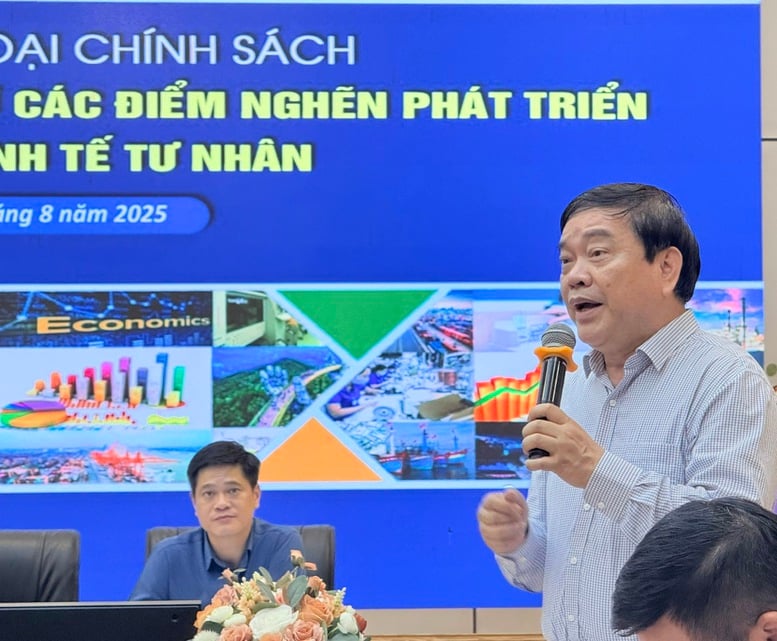
Prof. Dr. Tran Tho Dat - Chairman of the Science & Training Council, National Economics University - Photo: VGP/HT
Business dialogue to improve policies
Mr. Nguyen Hong Son, Deputy Head of the Central Policy and Strategy Committee, affirmed: Resolution 68 was issued after clearly identifying the barriers, difficulties and weaknesses of the private economy. The resolution has been institutionalized through a special mechanism and implemented urgently.
Mr. Nguyen Hong Son said that solutions to remove difficulties, overcome barriers and overcome limitations have been proposed to promote breakthrough and effective development of the private economic sector. Resolution 68 did not stop at policy but was quickly institutionalized and concretized. Because it could not be immediately promulgated into law, a special mechanism and policy was established. After only 3 months, the Steering Committee for Private Economic Sector Development met, reviewed and proposed solutions so that the Resolution could soon be put into practice. The organization and implementation are being carried out urgently and drastically.

Mr. Nguyen Hong Son, Deputy Head of the Central Policy and Strategy Committee, shared at the seminar - Photo: VGP/HT
Through discussion, delegates pointed out the existing problems, inherent limitations, bottlenecks that hinder the development process and the slowing development trends of the private economic sector in a competitive environment with other economic sectors and in the international environment.
Key suggestions for solutions were highlighted, including: Continue to raise awareness of private economic sector development; Continue to improve the legal framework, including the legal framework for family businesses; Ensure smooth operation of two-level local governments, avoid barriers and bottlenecks; Enhance the role and responsibility of leaders.
Quickly form an ecosystem connecting all types of businesses, including large, medium, small, micro enterprises, family businesses and startups.
In addition, opinions also said that it is necessary to conduct more in-depth research on the scope of the private economic sector, the role of overseas Vietnamese and experiences from countries such as China and South Korea, to increase effective consultation.
Continue to discuss and reflect on difficulties and obstacles in the process of implementing the Resolution, especially in improving the investment and business environment, reforming administrative procedures, supporting businesses in accessing land, credit and support funds.
From there, propose new, breakthrough solutions to help the private economic sector develop more strongly and effectively. The common goal is to make the private economic sector an important driving force, develop sustainably and contribute positively to economic growth.
Mr. Minh
Source: https://baochinhphu.vn/kinh-te-tu-nhan-truoc-thoi-co-vang-tu-nghi-quyet-68-va-loat-giai-phap-dot-pha-1022508151743054.htm



![[Photo] National Assembly Chairman Tran Thanh Man attends the VinFuture 2025 Award Ceremony](/_next/image?url=https%3A%2F%2Fvphoto.vietnam.vn%2Fthumb%2F1200x675%2Fvietnam%2Fresource%2FIMAGE%2F2025%2F12%2F05%2F1764951162416_2628509768338816493-6995-jpg.webp&w=3840&q=75)
![[Photo] 60th Anniversary of the Founding of the Vietnam Association of Photographic Artists](/_next/image?url=https%3A%2F%2Fvphoto.vietnam.vn%2Fthumb%2F1200x675%2Fvietnam%2Fresource%2FIMAGE%2F2025%2F12%2F05%2F1764935864512_a1-bnd-0841-9740-jpg.webp&w=3840&q=75)





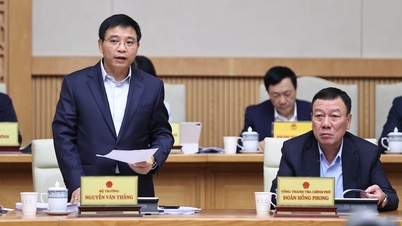

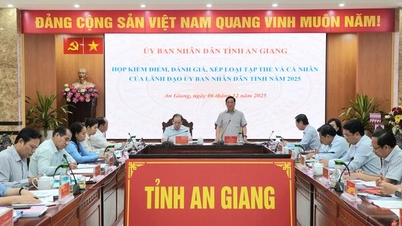

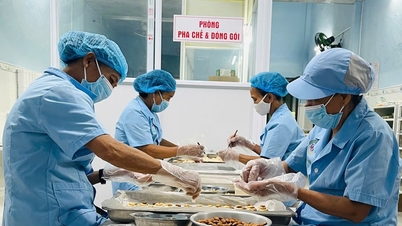

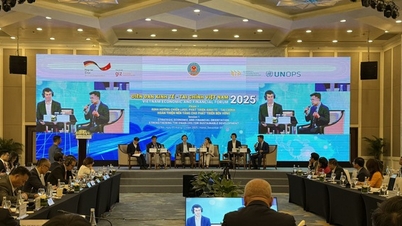


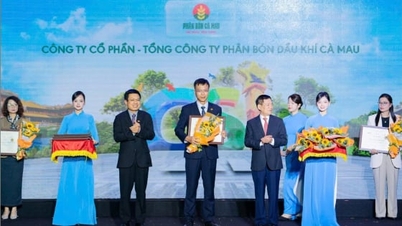

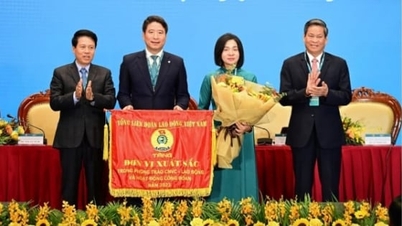
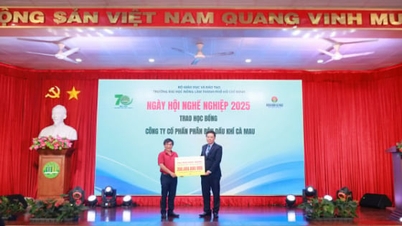










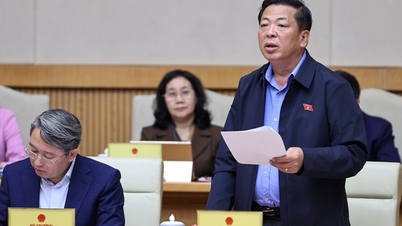

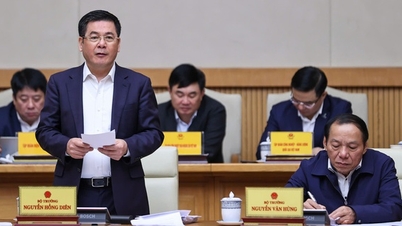

















































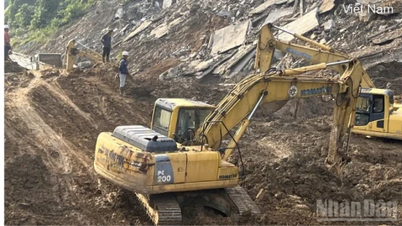

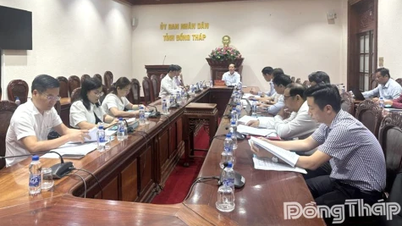


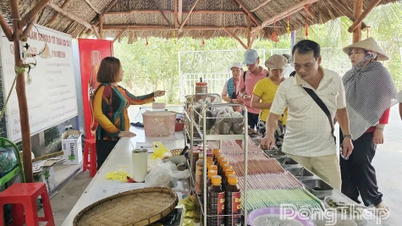

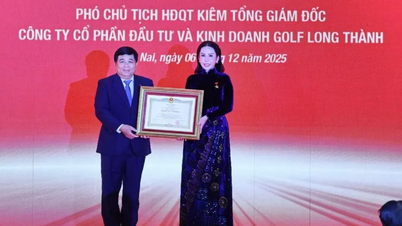

















Comment (0)